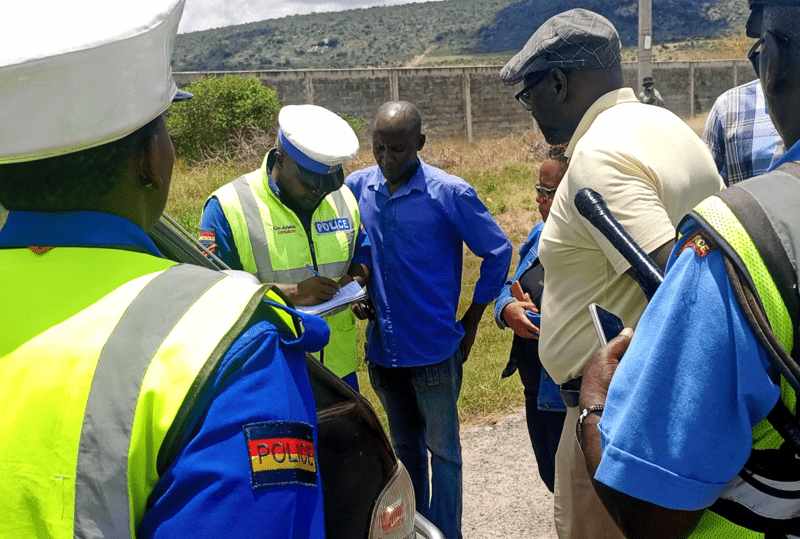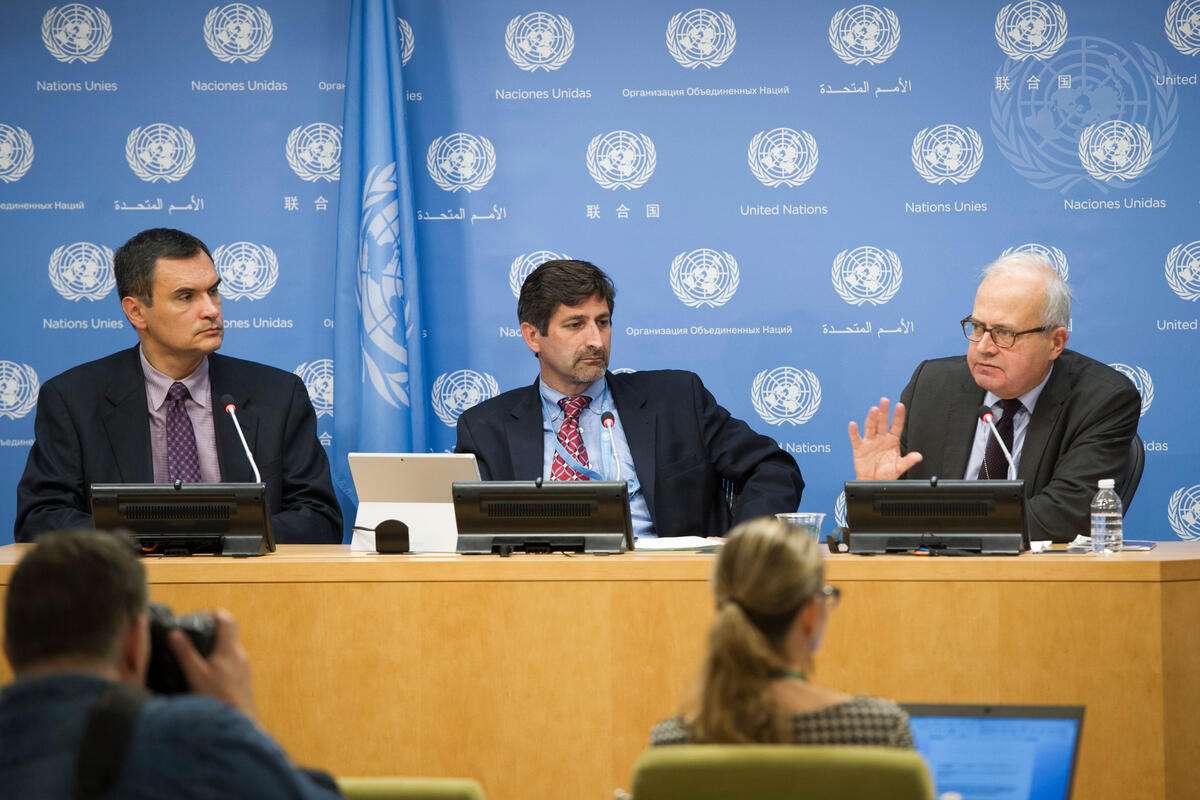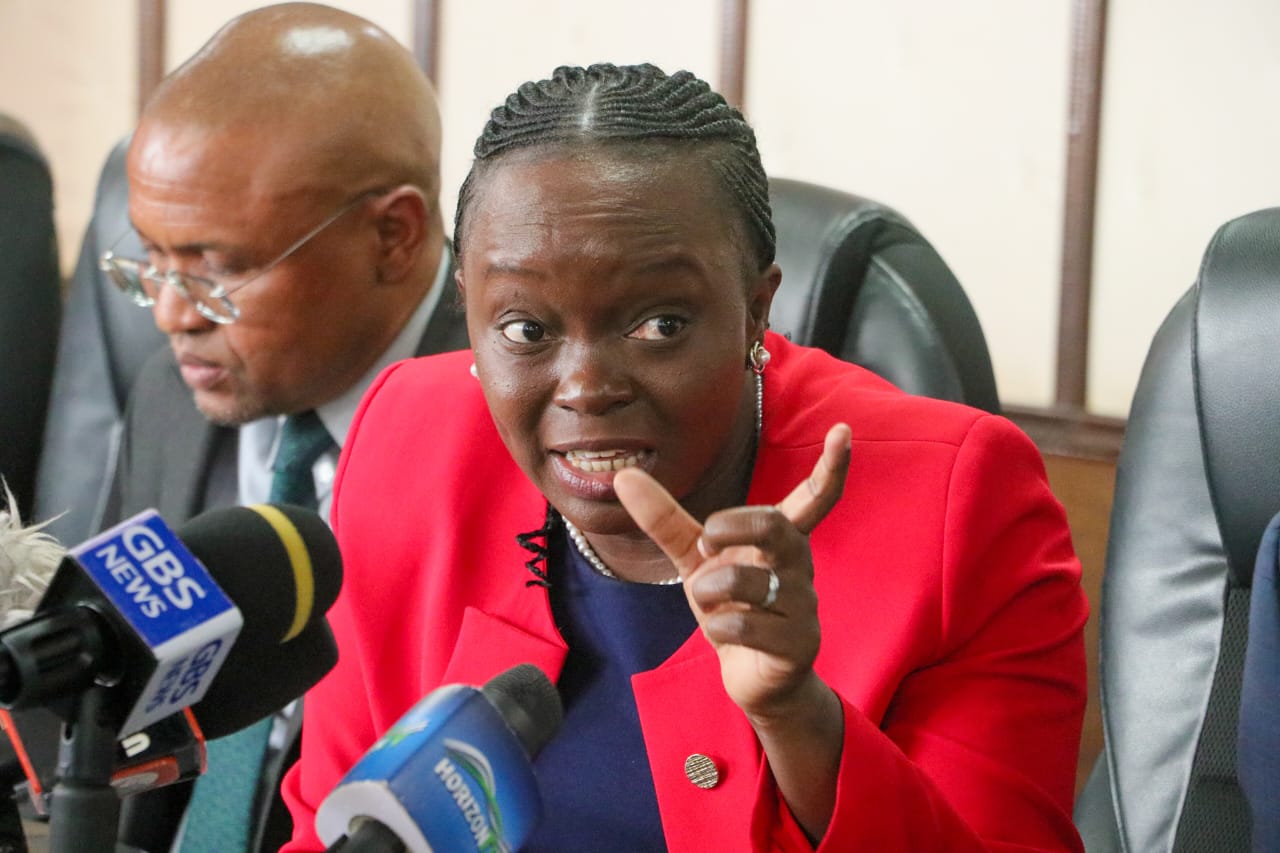NTSA launches crackdown on unroadworthy PSVs ahead of school holidays

The crackdown will target several key issues, including vehicles that are overloaded, speeding, and vehicles in poor mechanical condition.
The National Transport and Safety Authority (NTSA) has announced a major crackdown on unroadworthy Public Service Vehicles (PSVs) operating in the Coast region.
The initiative comes as schools prepare to close for the August holidays.
More To Read
- NTSA sets tough requirements for vehicles transporting children returning to schools
- NTSA urges early vehicle inspections to avoid delays at checkpoints
- Government shares list of blackspots on major roads across the country
- NTSA, police summon owners of recklessly driven PSVs captured in viral video
Road Safety Strategy Manager Samuel Musumba emphasised NTSA's commitment to ensuring the safety of students and other passengers. The authority plans to collaborate with various agencies to enforce stringent safety measures.
"We are aware that during this period, PSV operators often exploit the high demand for transport by deploying vehicles that are not roadworthy," he said, adding that their priority is to ensure that every vehicle on the road meets safety standards to protect the children and other passengers.
The crackdown will target several key issues, including overloaded vehicles, speeding, and vehicles that are in poor mechanical condition.
Overloading, in particular, is a significant concern, as it poses a risk to passenger safety. The authority has identified the Mombasa-Nairobi highway and the Likoni-Lunga Lunga route as notorious hotspots for accidents.
Additionally, NTSA will focus on addressing driver fatigue which has been cited as a major contributing factor to road accidents.
PSV managers have been cautioned against overworking their drivers, emphasising that fatigue can significantly impair driving performance.
"Drivers caught speeding or operating vehicles in a state of disrepair will face strict penalties. We are also looking at measures to ensure that vehicles are not overloaded," he said.
Schools across the country are expected to begin closing next week, which will likely lead to increased passenger traffic on major roads. NTSA's crackdown is aimed at curbing any potential risks associated with the surge in travel.
Top Stories Today
Trending




















